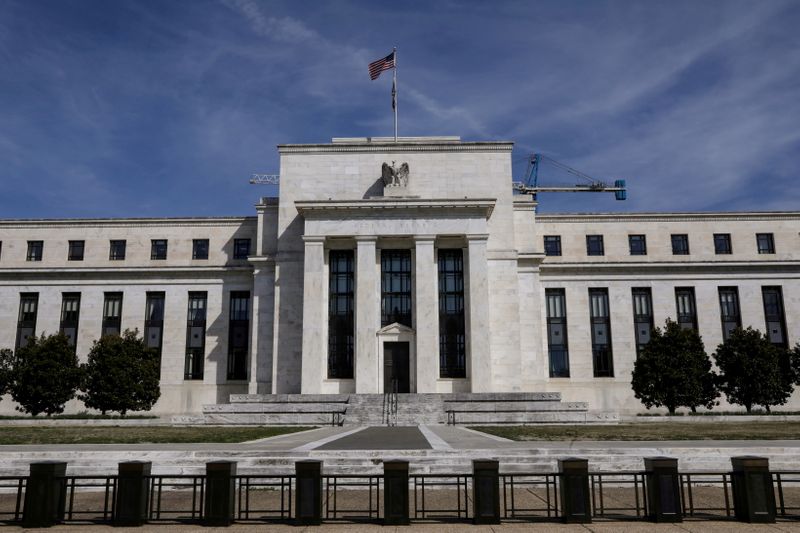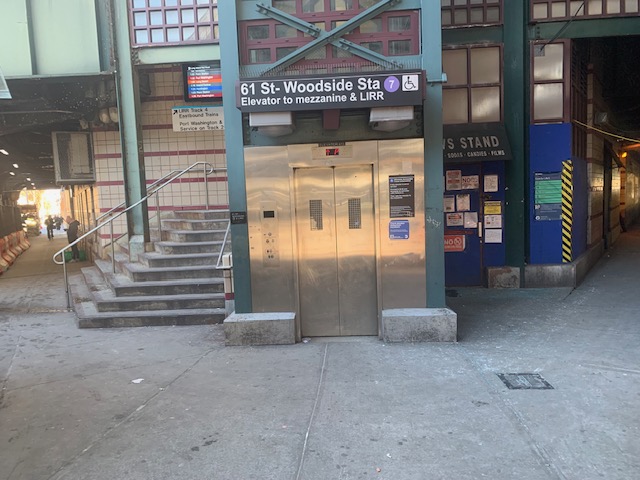By Jonnelle Marte
(Reuters) -The Federal Reserve’s massive asset purchases helped to stabilize markets at the start of the pandemic but it will “soon” be time to start reducing them, Philadelphia Fed Bank President Patrick Harker said on Wednesday.
“I am in the camp that believes it will soon be time to begin slowly and methodically — frankly, boringly — tapering our $120 billion in monthly purchases of Treasury bills and mortgage-backed securities,” Harker said in remarks prepared for a virtual event.
Policymakers agreed to keep buying bonds at the current pace until there is “substantial further progress” toward the Fed’s goals for maximum employment and inflation. Fed officials signaled at last week’s policy meeting that the standard for reducing asset purchases could be met soon.
Harker said on Wednesday that he would support starting the taper as early as November and completing it by the middle of next year.
After the taper is complete, the Fed could consider raising interest rates in late 2022 or early 2023, based on how the economy is doing, he said.
The Fed official expects the U.S. economy to grow by about 6.5% in 2021 and then for growth to “moderate” to about 3.5% in 2022.
Harker said he expects inflation to be around 4% for 2021 before it comes down to just over 2% for 2022. “We’re already seeing some moderation there, as prices of used cars finally stabilize,” he said.
He also warned about the negative economic consequences in the short term if Congress fails to raise the debt ceiling, saying it “could harm economic growth significantly.”
Harker will vote as an alternate in the Fed’s monetary policy meetings next year until a replacement is chosen for Boston Fed President Eric Rosengren, who announced earlier this week that he is retiring on Thursday https://www.reuters.com/business/finance/boston-feds-rosengren-citing-worsening-kidney-condition-retire-sept-30-2021-09-27.
Rosengren cited health reasons for his decision and was also facing questions about investment trades he made in 2020 while the Fed took actions to stabilize financial markets and the economy.
Asked about the upcoming leadership changes, Harker said he does not expect the openings to change the course of monetary policy. “We have a policy path that I think is quite clear,” Harker said.
(Reporting by Jonnelle Marte; Editing by Andrea Ricci)


























